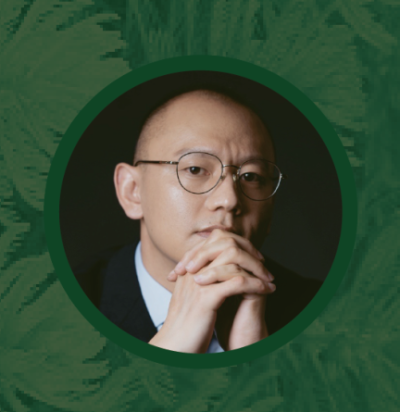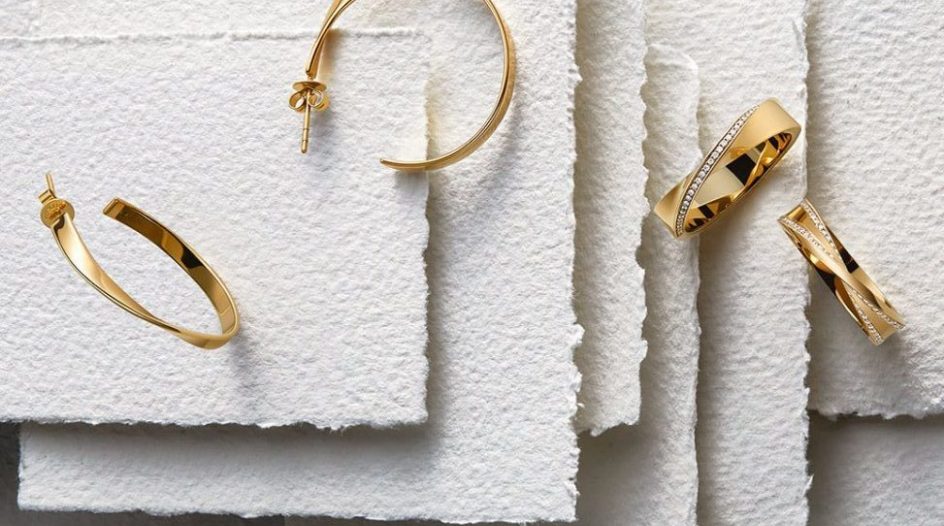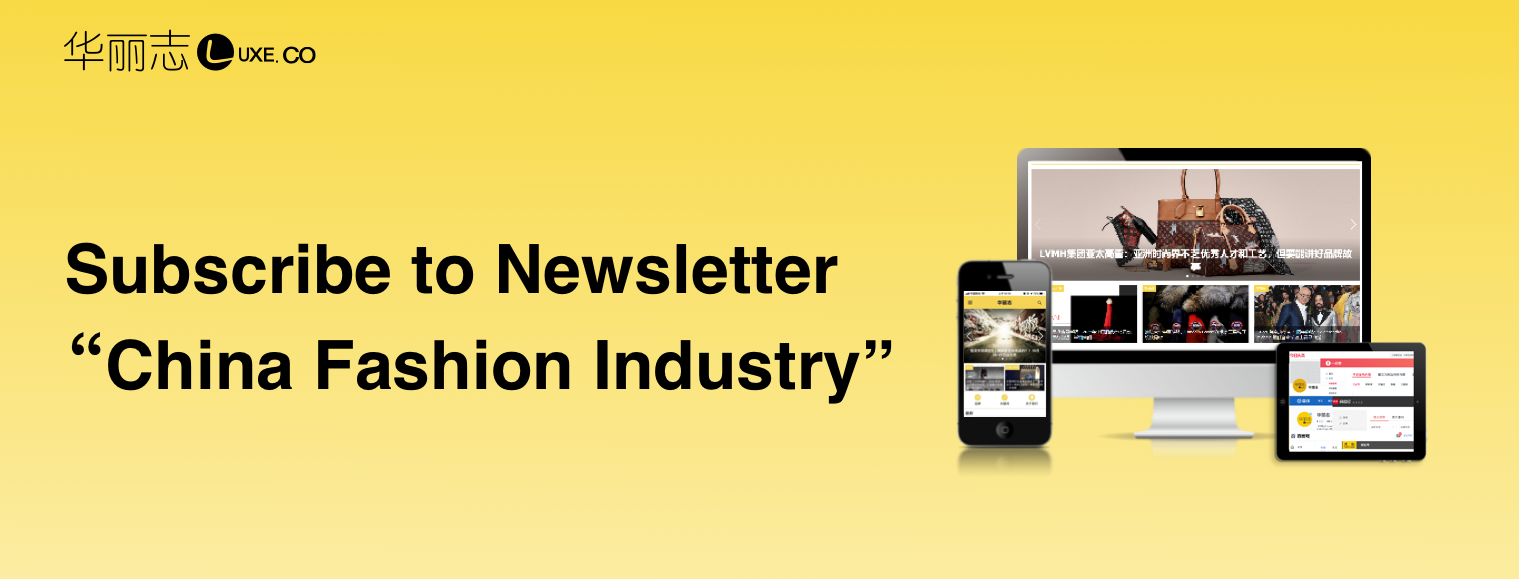What did they say at the Luxe.CO Annual Sustainable Fashion Forum 2021?
February 11,2021
On February 3rd, 2021, the Luxe.CO Annual Sustainable Fashion Forum on the Cloud was successfully held. Speakers from ten brands and supply chain companies in industries such as beauty, shoes, clothing, and jewelry had a conversation with us on sustainable fashion. Here are some highlights of their speech:

Zhenzhen Lan
Vice President at L'OrУЉal China
тIn 2020, we sent more than 40 million tape-free, easy-to-tear and 100% biodegradable green parcels.т
тWe are committed to building тPartners of Tomorrowт in an effort to influence young people from different groups using the power of role models. Healthy planet, see you tomorrow!т
тIt is necessary to enhance the positive impact of sustainable consumption on young people. Their views on the future cannot be formed overnight, so we should encourage and influence them as they keep growing.т

Filippo Gori
General Manager, Asia Pacific at GEOX
тAt the beginning of the path towards sustainability itтs just about being more in line with the spirit of GEOX. As you know we always think we can do things in a different or possibly better way. Sustainability is one of the big criteria we use to decide our partners and where to produce.т
тI think what we have been doing is trying to do community events to educate consumers in that direction. The more companies do that, the more consumers will understand what we are doing and why.т

Malin Lundahl
Sustainability Manager at H&M Greater China
тWe have a separate sustainability organization with a lot of experts that take on new, innovative and different topics. For the sustainability organization, we hired around 200 people worldwide that work with sustainability as their main responsibility. т
тThe awareness level or education part of sustainable fashion has reached different levels within the world, so consumers might ask for more in some markets than others.т

Wei Wei
China Sustainable Development Director at Decathlon
тI believe a happy worker would produce pleasing products and produce positive energy when working.т
тAs a renowned sports brand, we can play a leading role in sustainable development, and we have the responsibility to lead green transformation in the whole supply chain. We are committed to achieving eco-design for all products by 2026.т

Guozhong Chen
Supply Chain Management Centre Director at LILANZ
тAs a public company, LILANZ is responsible for and capable of putting the focus on sustainable fashion within the entire supply chain.т
тOnce the supply chain is selected and integrated, the drive for sustainability is assured.т
тOur starting point, when making products, is making good products and doing something meaningful at the same time.т

Ping Dong
Vice President and Chief Sustainable Innovation Officer at Sinotytex Co., Ltd
тSuccessful commercialization of sustainable products is the best support for sustainability.т
тAs a supplier, we, in cooperation with brands, devote ourselves to translating technical language into "consumersт language", arousing consumersт greater interest in the textiles or the material.т
тExplanations on how the products are eco-friendly are sometimes unnecessary. Instead, we should make it obvious to consumers at first glance that this is eco-friendly.т

Jane Zhao
Founder of P.E.T. Plastic Ecological Transformation
тAvoid imposing green concepts on consumers. Sustainable fashion products should be good enough to attract users.т
тGo back to its essence т focus on the products, because only good sustainable products attract consumers.т
тWhen communicating with consumers, we try to translate jargon into everyday spoken language that everyone understands.т

Juliet Guo
Founder of Sandriver
тSustainability is not a burden; itтs a contributor to another possibility.т
тIn the cashmere industry, we talk about slow fashion and inheritance. The product itself carries features inherited from tradition, therefore we should promote fashion as a matter of sustainable inheritance.т

Yuan Shen
Brand Director at Manduka China
тSustainability is design thinking; it's a systematic undertaking.т
тConsumers should be encouraged to look beyond price and see the value and the life cycle of the product.т

Ayur Wu
Co-founder of YIN
тIn their marketing and advertising, Chinese brands should not steer toward value for money. Rather, we need to use brand concepts, design and the products themselves to attract customers.т
тSince beginning, we have had many clashes with traditional ideas, and traditional consumption patterns need to be guided by the brand.т
| By Mireya












Comments